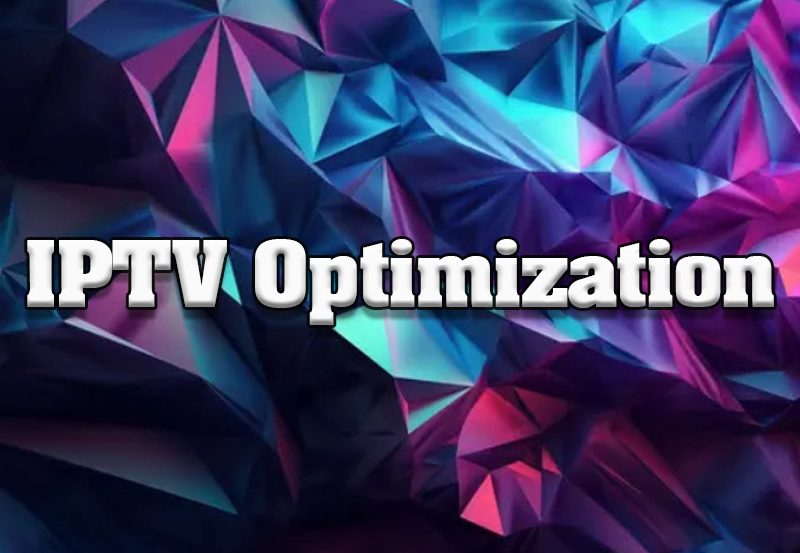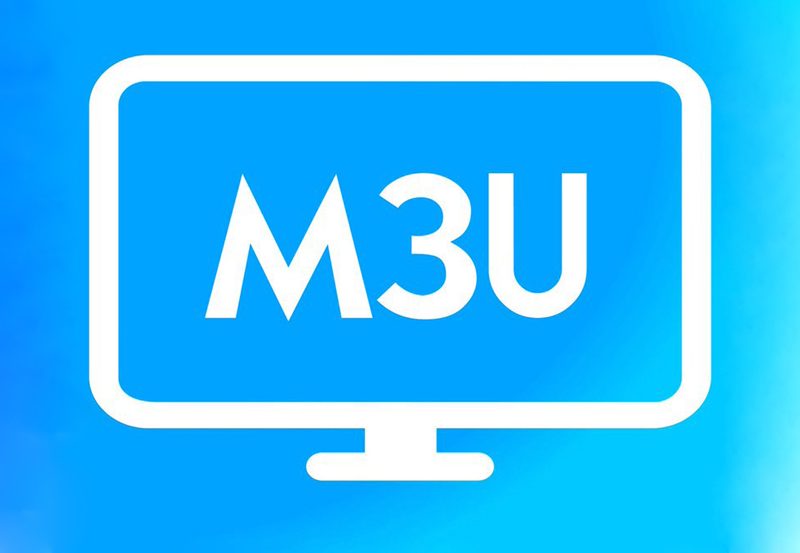The world of television entertainment has evolved dramatically, with Internet Protocol Television (IPTV) emerging as a popular alternative to traditional broadcast methods. Unlike traditional TV, where content is broadcasted via satellite or cable, IPTV delivers content directly through the internet. This transition reflects a major shift in how viewers access and interact with their favorite shows, movies, and live broadcasts. Understanding these differences provides insight into why many are choosing IPTV over conventional options.
Buy 1 Year IPTV and Enjoy Unlimited Content
Delivery Method: Internet Over Airwaves
The primary difference between IPTV and traditional TV lies in the delivery method. Traditional TV broadcasts signals through satellites, cables, or antennas, relying on specific channels broadcast over fixed frequencies. On the other hand, IPTV uses the internet as its core medium for delivering content. This technology leverages internet protocol (IP), allowing content to be streamed directly to devices without the need for satellite dishes or extensive cabling infrastructure.How to Resolve ‘No Sound’ Issues on IPTV
On-Demand Content Versus Scheduled Programming
One of the significant advantages of IPTV is its flexibility in content availability. Traditional TV relies on scheduled programming, meaning viewers have to tune in at specific times to catch live shows or rely on DVR systems to record content for later. IPTV, however, provides a range of on-demand options. With Video on Demand (VOD), viewers can watch their chosen shows or movies whenever they want, eliminating the need for rigid schedules. This accessibility is one of the primary reasons IPTV has gained popularity, especially among younger, tech-savvy audiences.
Interactive and Customized Experiences
IPTV allows for a more interactive experience, which is limited on traditional TV platforms. Through IPTV, users can pause, rewind, or fast-forward live broadcasts, offering a tailored viewing experience. Many IPTV services also include recommendations based on previous viewing habits, allowing users to discover new content that aligns with their preferences. These personalized experiences have elevated IPTV, making it an adaptable and user-centered technology in today’s entertainment landscape.
Multiple Device Compatibility
Unlike traditional TV, which requires a television set and potentially additional equipment, IPTV can be accessed on various internet-enabled devices. This flexibility means users can watch their favorite content on smartphones, tablets, laptops, or smart TVs, providing portability and convenience. In an age where people value mobility, this cross-device compatibility is a significant advantage for IPTV, making it suitable for both home and on-the-go viewing.what is Perfect Player and how can install?
Cost Efficiency
IPTV can be more cost-effective than traditional TV packages. Many IPTV services offer flexible subscription options and a variety of plans, allowing users to choose packages that suit their needs and budgets. Furthermore, by avoiding the high costs of cable or satellite equipment, IPTV becomes an affordable alternative for those looking to reduce their monthly expenses.
Higher Video Quality and Stability
IPTV also tends to offer higher video quality, particularly in HD and even 4K formats, depending on the internet connection speed. With traditional TV, picture quality may fluctuate due to weather conditions or signal interference. IPTV, however, relies solely on the internet, so with a stable connection, viewers can enjoy consistently high-quality streaming without disruptions.
Conclusion
In conclusion, IPTV’s reliance on internet protocols offers clear advantages over traditional TV’s reliance on satellite and cable signals. From on-demand content and device flexibility to personalized experiences and cost efficiency, IPTV is revolutionizing how viewers consume television entertainment. This shift from traditional broadcasting to internet-based streaming reflects an era of increased convenience and accessibility for users worldwide. For those seeking flexible, high-quality content without the limitations of conventional TV, IPTV provides a forward-thinking alternative.





